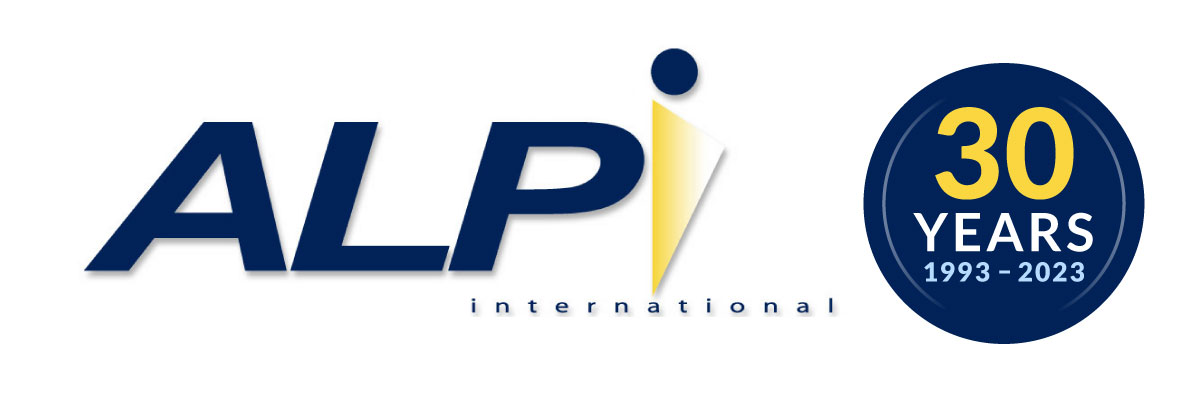Acceptance Testing—ISTQB Software Testing Certification Training
Course Description




Why choose ALPI for ISTQB Acceptance Testing certification training?
- ALPI's training is accredited by ASTQB, the U.S. Board for ISTQB certification, so you can be certain you are getting excellent training quality.
- We use certified live instructors in both our in-person and virtual classes so you can ask questions and get answers right away.
- We focus on real-world examples.
- We teach using interactive, hands-on exercises.
- This ALPI course is eligible for a free refresher guarantee so you can re-take the course within 4 months at no additional charge. Plus, if you meet the criteria, you could also re-take your exam for free. Contact us for information about this unique benefit that gives you peace of mind.
The focus of the syllabus is on the concepts, methods and practices of collaboration between product owners / business analysts and testers in acceptance testing. We suggest that attendees hold the ISTQB Foundation Level certificate, especially if they intend to take the ISTQB Acceptance Testing exam, but non-certificate holders can also benefit from this course.
By the end of this course, an attendee should be able to:
- Contribute to an organization’s acceptance testing activities by participating in the acceptance test design phase and supporting the alignment of the product with the business requirements
- Contribute to the quality of the acceptance testing process, including validation and verification of produced artifacts
- Contribute to the definition of acceptance criteria during the requirements definition phase
- Collaborate efficiently with business analysts and other stakeholders during all acceptance testing activities
- Understand the business objectives, communicate with business units, and share common objectives for acceptance testing
- For participants attending class remotely (Virtual Live), the exam can be scheduled online from home/office or by visiting a test center. Visit ISTQB Online Exam Information and Locate a Test Center for details.
- For participants attending class in Chevy Chase, MD, the exam will be administered on last day of class, ending by 5pm, so please plan your travel accordingly.
Duration
2 day(s)Time
9 - 5 ETPrice
$1,350Labs
Exercises reinforcing Learning Objectives help to understand and apply topics in the course.
Intended Audience
The target audience for this course includes:- Test Automation Engineers
- Performance Testers
- Performance Test Engineers
- Systems Engineers
- Software Developers
Prerequisites
You must have obtained an ISTQB Foundation Level Certification (CTFL) to be eligible for the Acceptance Testing Certification.Prior to attending class please download and review the following document: AcceptanceTesting Syllabus
Outline
Introduction and Foundations
- Fundamental Relationships
- Business Goals, Business Needs and Requirements
- Requirements / User Stories, Acceptance Criteria and Acceptance Tests
- The Importance of the Quality of the Requirements
- Business Analysis and Acceptance Testing
- Relationship between Business Analysis and Testing Activities
- Collaboration between Business Analysts and Testers in Acceptance Testing
- How Acceptance Testing Can Drive the Development Process: ATDD and BDD
Acceptance Criteria, Acceptance Tests and Experience-Based Practices
- Writing Acceptance Criteria
- Designing Acceptance Tests
- Test Techniques for Acceptance Testing
- Using the Gherkin Language to Write Test Cases
- Experience-based Approaches for Acceptance Testing
- Exploratory Testing
- Beta Testing
Business Process and Business Rules Modeling
- Modeling Business Processes and Rules
- Deriving Acceptance Tests from Business Process/Rule Models
- Business Process Modeling for Acceptance Testing
- Good Practices for Business Process Modeling for Acceptance Testing
- Using Business Process Models for ATDD
Acceptance Testing for Non-Functional Requirements
- Non-functional Characteristics and Quality in Use
- Non-functional Quality Characteristics and Sub-characteristics
- Quality in Use
- Usability and User Experience
- UX Requirements Analysis
- Usability Testing
- Performance Efficiency
- High-level Performance Acceptance Tests
- Acceptance Criteria for Performance Acceptance Tests
- Security
Collaborative Acceptance Testing
- Collaboration
- Activities
- Defect Analysis
- Reporting
- QA Activities for Acceptance Testing
- Tool Support
